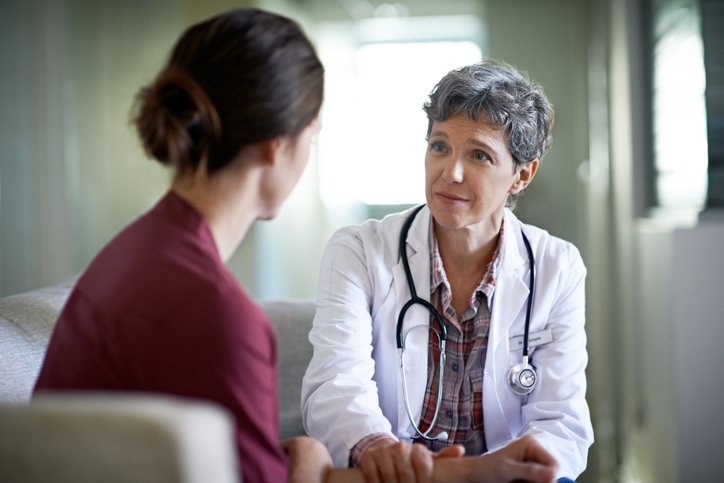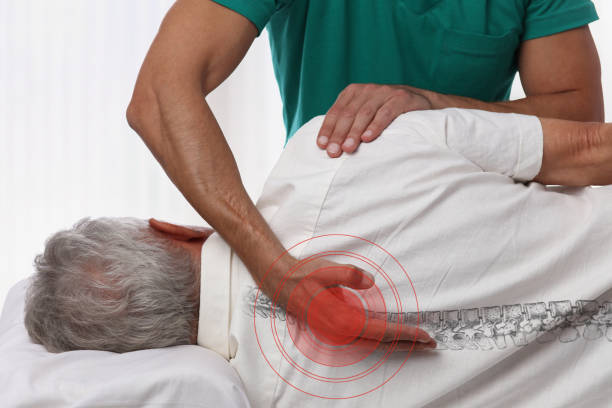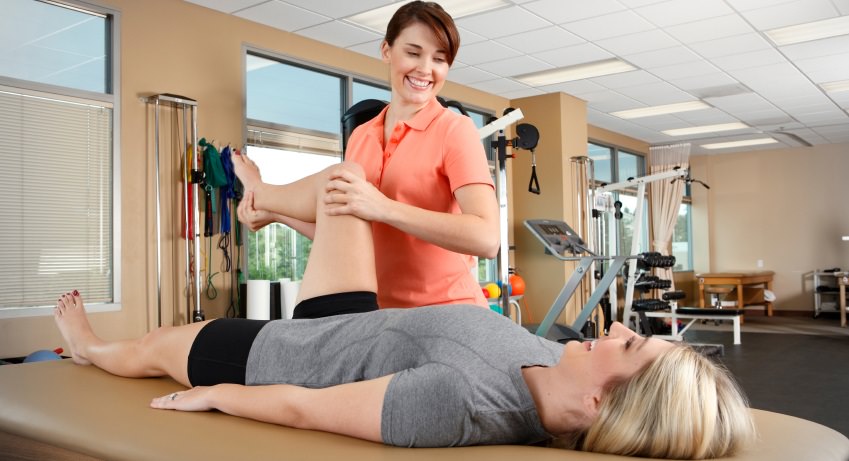Depression is a mood disorder or a complex disease, described as extreme sadness, loss of interest in activities of daily life, helplessness and hopelessness which cause physical and emotional symptoms.
Symptoms
- Loss of interest in activities
- Addicted to depression relieving drugs
- Loss of energy or tired and fatigue all the time
- Hypersomnia (sleeping too much) or insomnia (inability to sleep)
- Weight gain or Weight loss
- Feeling guilty
- Difficulty concentrating, thinking and decision making
- Thoughts of suicide
- Irritability
- Physical symptoms like headache, back pain, neck pain, or changes in weight
Causes:
- Financial Problems (home or jobs)
- Major events e.g Divorce
- Serious Medical illnesses
- Death of loved one
- Physical or mental abuse
- Certain Medications e.g isotretinoin and corticosteroids
- Social isolation
- Hereditary
 |
| Treating Depression |
According to American Psychiatric Association, one in 15 adults are affected by depression in a year and one in 6 people experienced it at sometime in their life. It can occur at any age and anytime but mostly at mid-20s. Depression is more common in women as compared to men.
When a person is depressed, the autonomic nervous system activates and responds with an increase in blood pressure, heart beat and corticosterone level. It releases hormones which affect the neuropeptides of the body.
How Reflexology works for depression
Reflexology was first practice in Psychiatric ward of Russia to treat mental health issues, which is highlighted
by academy of ancient reflexology. An example of reflex explained in “can reflexology help depression” which the endocrine system: the body’s slower communication system and balance hormones which control emotions. Similarly in case of diaphragm: initiate deep and relaxed breathing although emotions affect breathing as breath is the link between the body-mind.
Some parts of the body correspond to other parts of the body, reflexology promotes health of the body’s organs and relieves stress.
There are particular points in hand and feet which are connected to other body parts and systems. According to Chinese Philosophy, by applying pressure, this therapy unblocks the energy flow, releases stress and increases blood flow in that area.
Treatment of depression depends on severity of the patient’s symptoms, although the therapy of reflexology with attention and care can be an effective aid to treat depression.
Neurological based chiropractic helps treat spinal misalignment which improves mental health like depression. In some cases patients show physical symptoms in depression e.g. headache, muscle stiffness, fatigue, aches and pain.
How chiropractic works for depression
 |
| Treating Depression |
Basically chiropractic adjustment triggers hormones like oxytocin and cortisol which can have positive effects on health, reduce stress and pain also improve overall mental health. It improves sleep pattern which directly helps to release stress.
Physiotherapy treatment for depression
Physiotherapy helps to relieve muscle tension and pain, it also improves sleep pattern, posture, boost confidence and self esteem.
Exercise triggers the release of a brain chemical called serotonin which boosts the mood and releases stress. Exercise helps to improve cardiovascular endurance to maintain weight.
Physiotherapists provide exercise plans including breathing and relaxation exercise. Joint mobilization and stretching to lengthen stiff muscle to relieve pain. Hydrotherapy to reduce pain.
 |
| Treating Depression |

0Comments